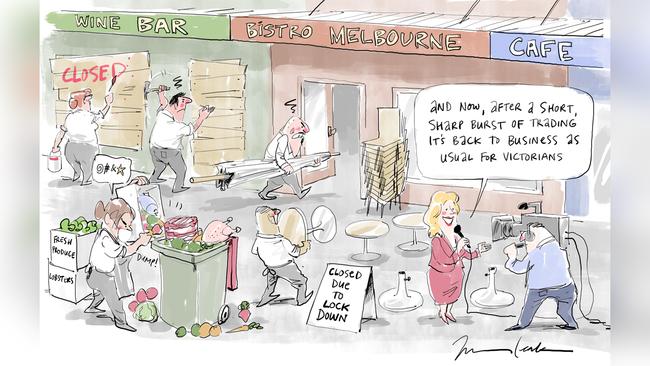
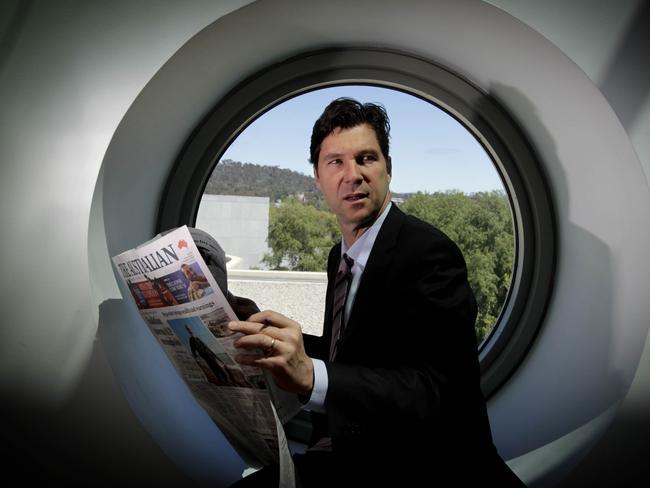
I returned to Melbourne in March after four years living in Washington DC but I may as well have returned to a different city. Melbourne today looks and feels like a boxer that has gone 15 rounds. It is still on its feet, but it is battered and bruised, both physically and psychologically.
It’s the small things you notice. The reflex defensiveness of Victorians who feel the rest of Australia has no idea what they suffered during almost four months of severe lockdowns. The jittery, panicky reaction to news of any new Covid cases like the sudden cluster we saw emerge this week. The bitter arguments at dinner parties over the rights and wrongs of what Premier Dan Andrews inflicted on the city last year and whether the more relaxed NSW approach to Covid is better than the shutdowns of the Andrews government.
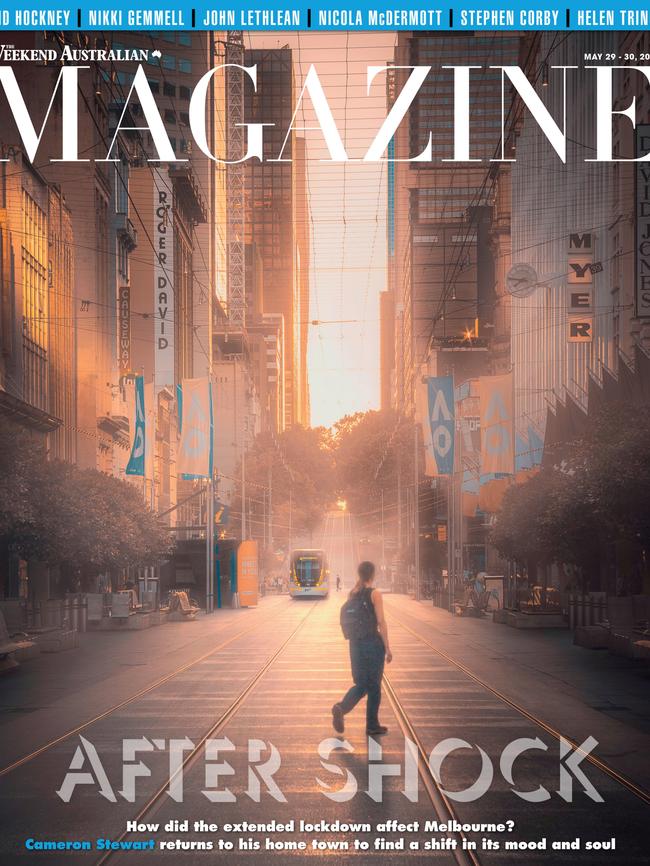
There is a strange mood of submission and acquiescence. The state’s Covid-tracing system and its hotel quarantine system remains a shambles and yet Melburnians seem to accept this bureaucratic incompetence.
It is as if they have been cowed rather than angered by last year’s deadly outbreak and the subsequent hardline shutdown. The good of the herd is firmly dominant over the rights of the individual. Victoria exudes the mood of a police state, but one that is poorly run.
Some of Melbourne’s lockdown scars are all too visible seven months on. Thanks to the long lockdown the city still boasts the quietest CBD of any capital city in the nation. Workers have become so accustomed to working from home that they have refused to come back to work in large numbers, curbing the recovery of the city’s cafes, restaurants and shops.
Beyond the CBD, the city’s famous tourism and shopping strips, like South Yarra’s Chapel St, St Kilda’s Acland St and Fitzroy’s Brunswick St are shadows of what they once were, littered with shopfront vacancies.
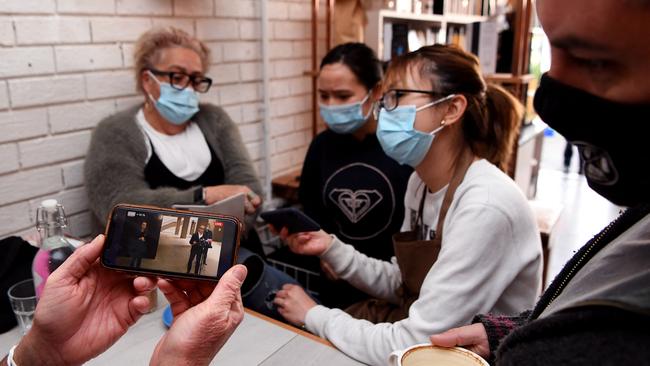
The city’s hospitality sector has not recovered from the long lockdown and from the ongoing occupancy restrictions for hotels.
As Matt Mullins, part-owner of St Kilda’s iconic Hotel Esplanade puts it in the Weekend Australian Magazine: “Those things that make the city so special – its art and culture and pubs and music and food and wine and coffee – have just been cast aside by what happened. We are going to look back in a year or two and realise that Melbourne is not the most liveable city in the world, not by a long shot. So much of that is just gone for a generation.’’
But the deepest scars from Melbourne’s four-month lockdown cannot be seen.
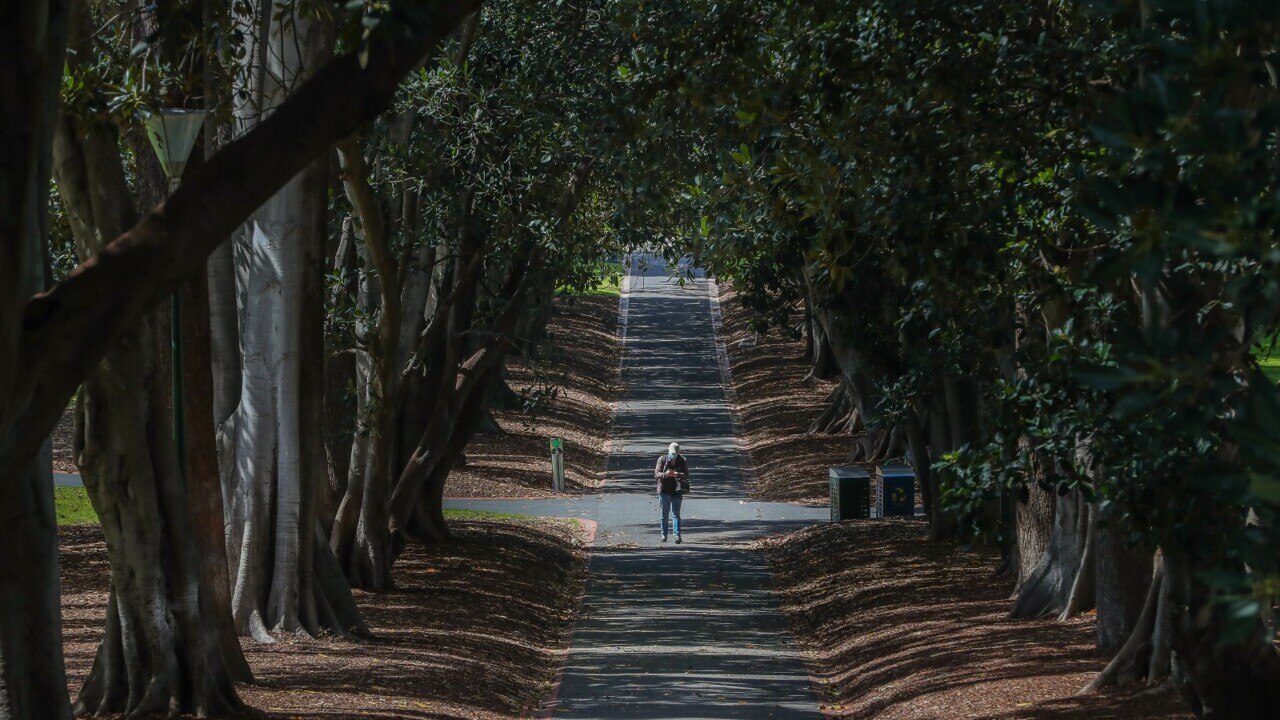
Some of my friends speak quietly about how their teenage children went off the rails during the almost four-month lockdown and are still not back on track.
Psychiatrists who deal with children and young adults say they are more busy than they were during the lockdown, as they deal with trauma that is only now becoming apparent. Support services for victims of domestic violence are being overwhelmed as the cumulative financial and psychological stress of the lockdowns manifests itself in brutal ways.
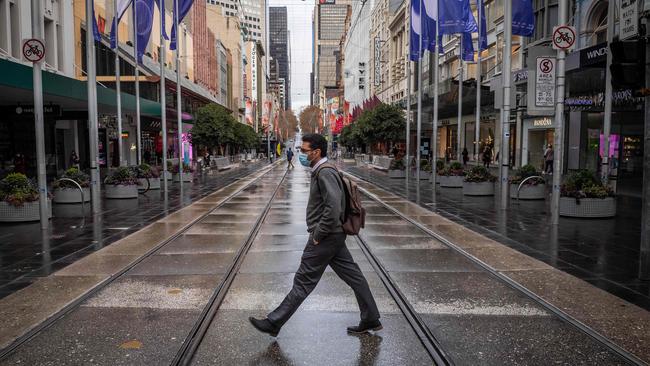
Schools were back until this week but hundreds of tutors are toiling to recover those lost months with government forecasts saying 20 per cent of students will require support to catch up.
And the families of the 768 people who lost their lives in the hotel quarantine fiasco continue to grieve quietly, having never got a satisfactory answer as to who was responsible for the tragedy.
This week, as the new cluster of Covid cases in Melbourne led to yet another lockdown, you could almost hear the city groan. The damage to Melbourne from last year’s mega-lockdown was greater and more traumatic than many Australians realise and is still unfolding seven months on.
TOMMOROW: Read Cameron Stewart in The Weekend Australian Magazine on how Melbourne’s mood and soul has changed
More Coverage
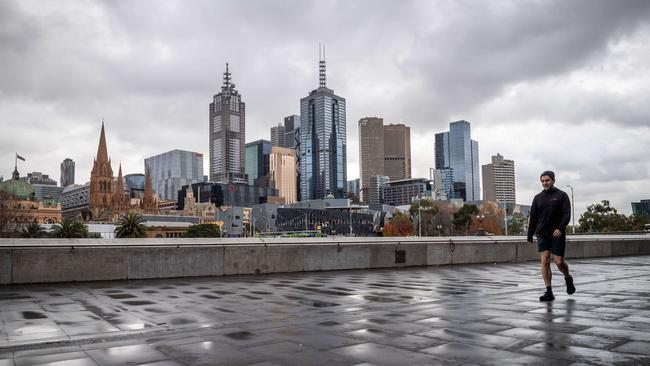


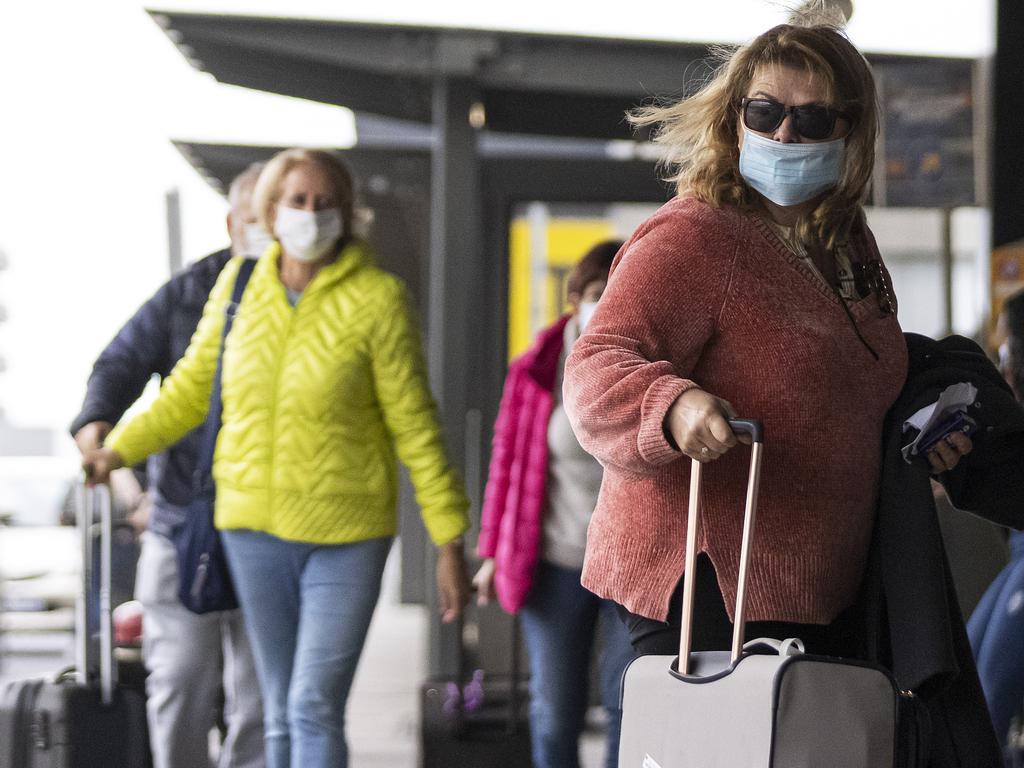
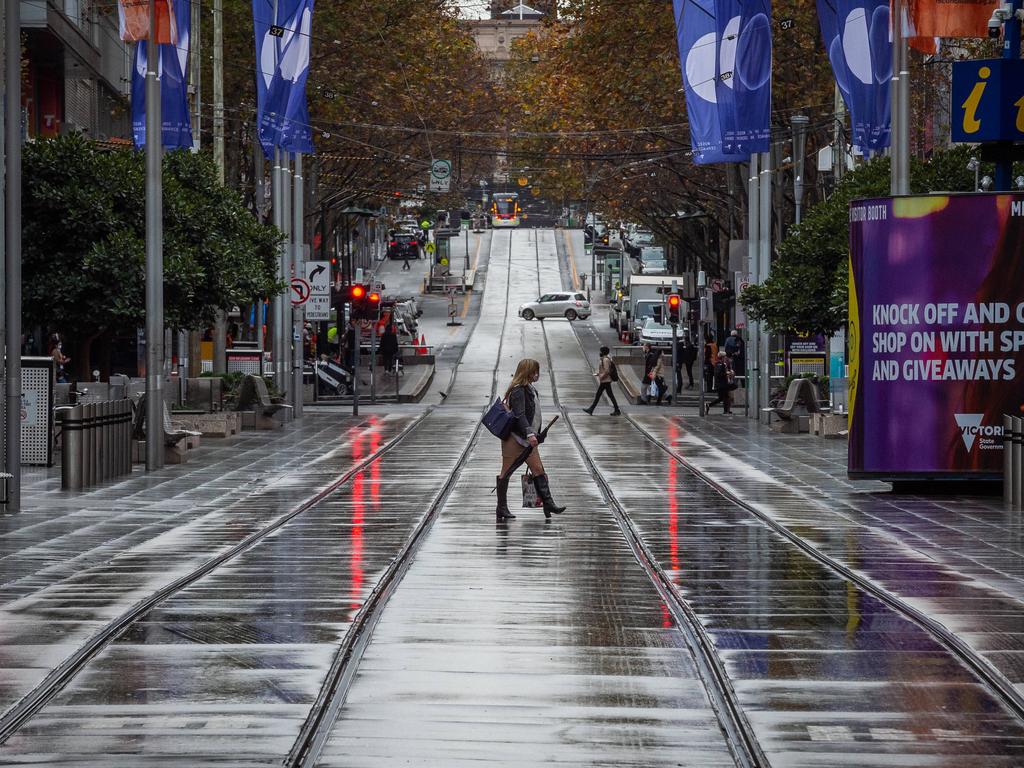
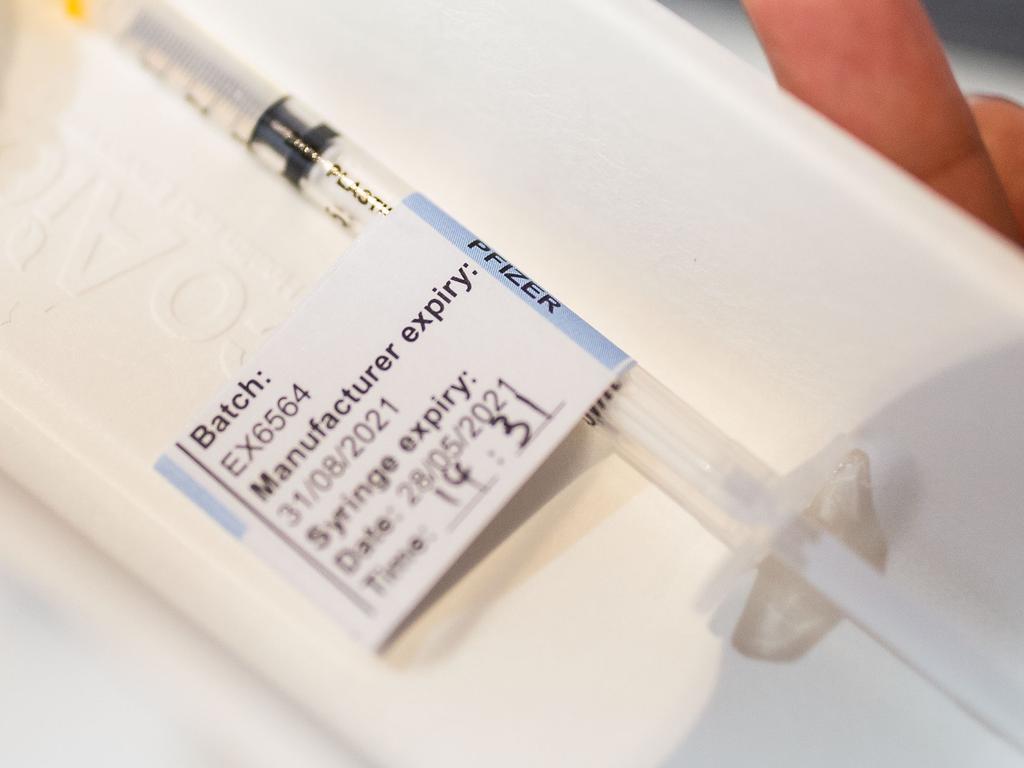
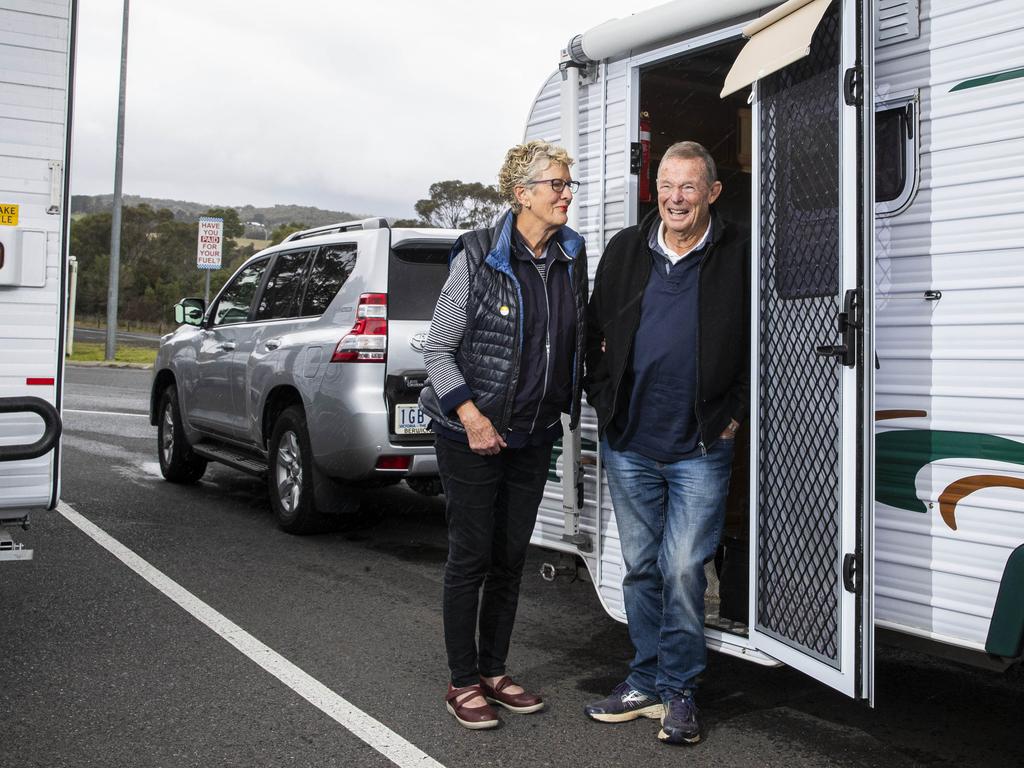
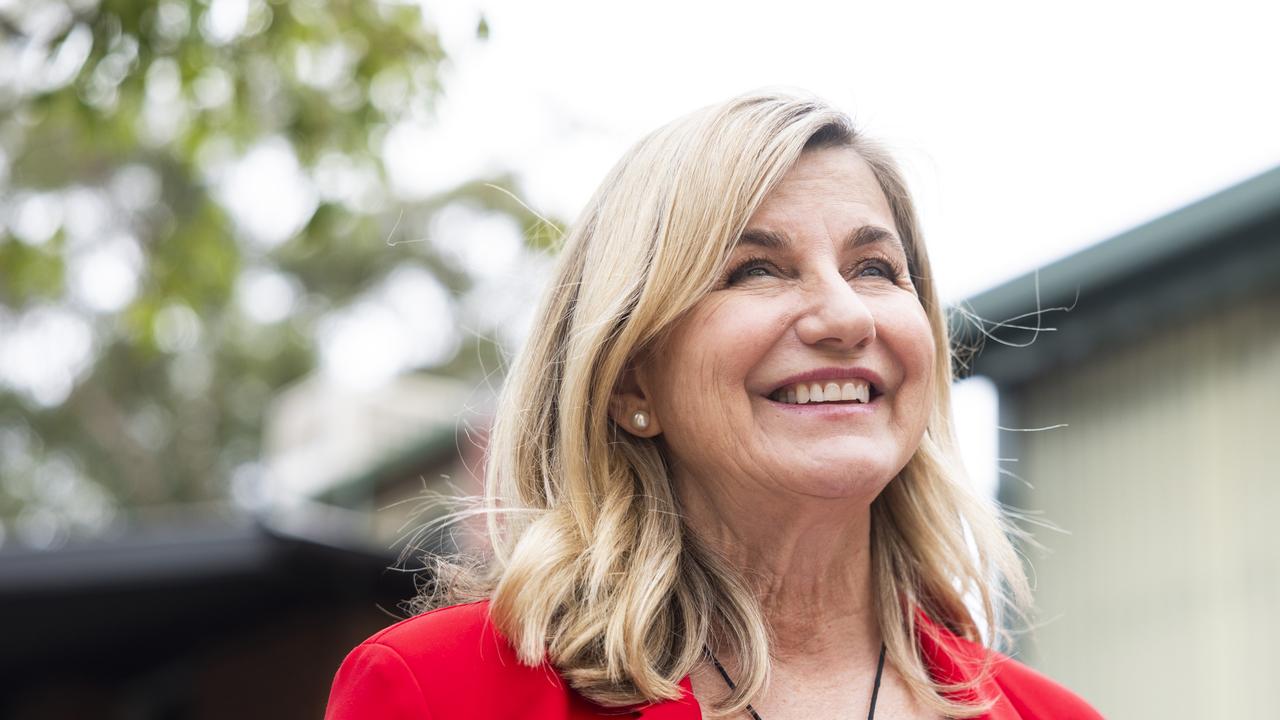
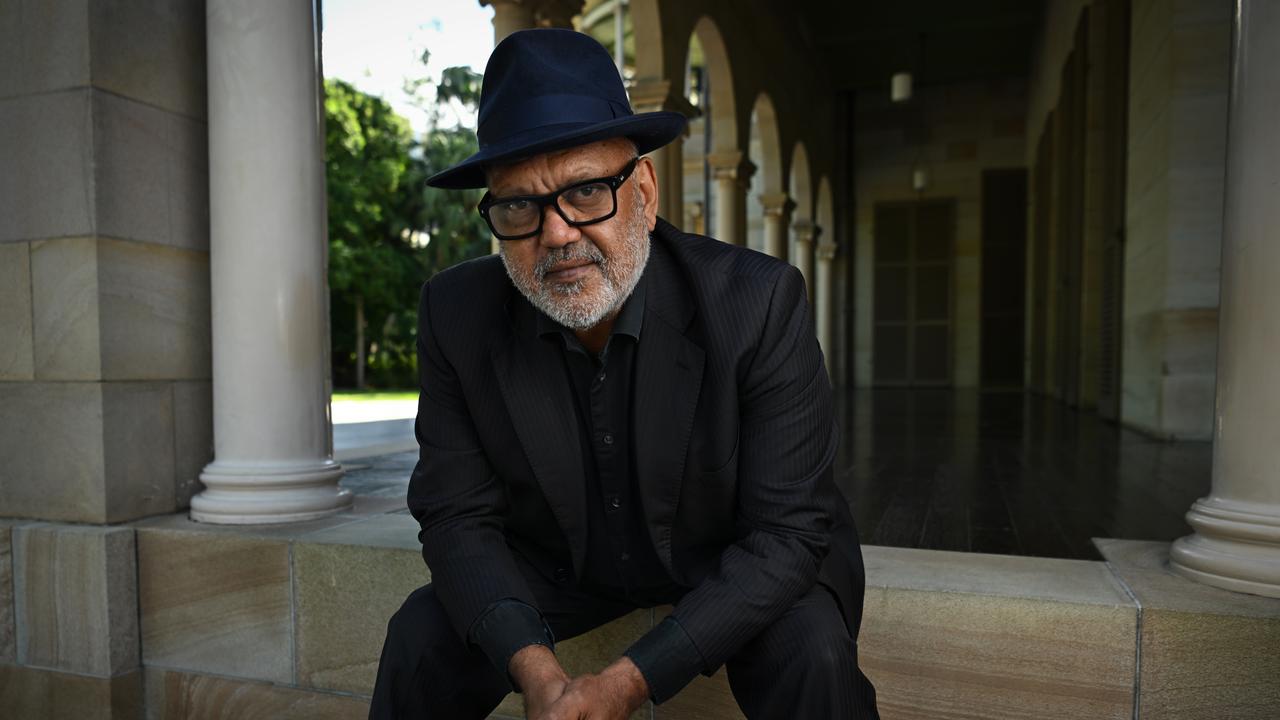
Can an entire city suffer from PTSD? Maybe not, but something is sadly amiss in my hometown of Melbourne seven months after the city suffered the longest continuous Covid lockdown in the world outside Wuhan. This week’s snap lockdown for the latest outbreak will only make things worse.